Now with millions of dollars at stake, a pilot project looks to establish affordable aquaculture insurance
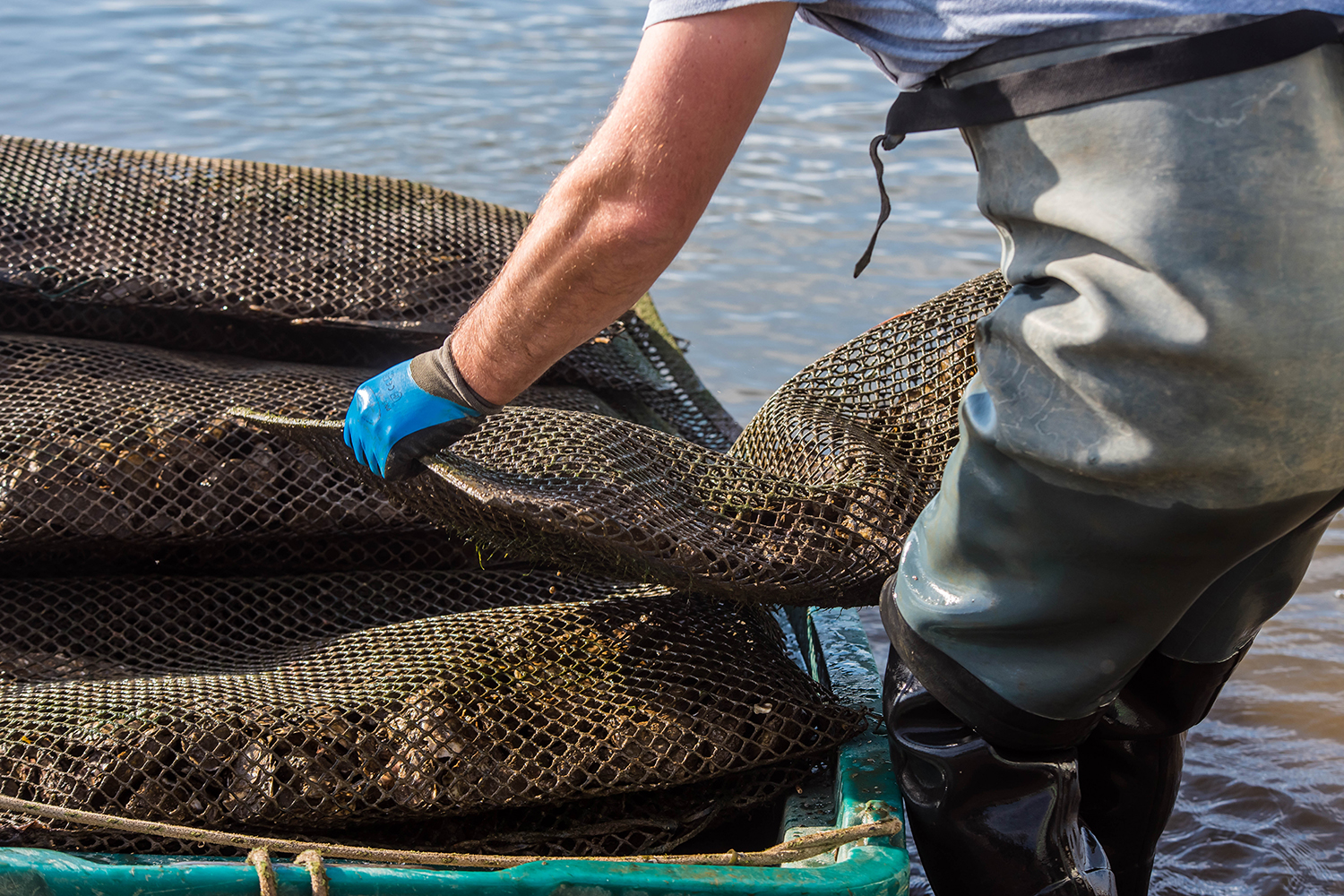
This year’s hurricane season is predicted to be the most active on record – the (U.S.) National Oceanic and Atmospheric Administration (NOAA) has forecast up to 25 storms. How many of those will reach the Maritime provinces of Canada to any degree isn’t known, but the region’s aquaculture businesses are rightly concerned.
In September 2022, post-tropical storm Fiona dumped up to 90 mm of rain in Prince Edward Island (PEI), bringing wind gusts up to 150 km an hour, high waves and flooding. Similar – and worse – activity happened across the Maritimes.
“Huge rafts of buoys that had broken loose and in a tangled mess were floating around,” said Peter Warris, executive director of Prince Edward Island Aquaculture Alliance. “We literally had whole mussel farms, oyster farms just swept away. Gears strewn over miles and miles and miles.”
The initial damage estimate just for PEI was (CDN) $70 million (approximately U.S. $51.2 million). The province decided to offer compensation to the industry, administered by the Canadian Red Cross. Yet, almost two years later, some producers are still waiting for payouts.
One of the industry’s issues that Fiona exposed was the lack of affordable private insurance options for PEI’s growers, which motivated a new pilot project currently underway to rectify that situation. A combined effort amongst industry organizations, including the PEI Aquaculture Alliance and local insurers, with support from the provincial government – and hopefully, eventually, the federal government – the project aims to help aquaculture companies recover quicker from future storms and support a growing part of PEI’s economy.
Is $100 million enough to help Atlantic Canada’s seafood industry recover from Hurricane Fiona?
A major industry and a need for affordable insurance
PEI is the largest mussel producer in North America and the largest oyster producer on the eastern seaboard, and most growers rely on natural recruitment (the collection of wild seed), said Warris. The impacts of Fiona will likely be felt with this year’s harvest and sales, he added.
Yet, when Fiona-caused damage compensation was initiated, there was a discussion as to whether aquaculture should be included, he said.
“There’s a lot of education that needed to happen with MPs [Members of Parliament] who are not from here to make them understand why aquaculture couldn’t just pick up and move out of the way of the storm,” said Warris.
Most aquaculture companies in PEI do not have insurance coverage because the rates are seen as too high. “Commercially viable insurance for crop and gear in the water was not available at the time,” said Warris.
Chris Bourque, president of Mitchell McConnell Insurance, has been working with aquaculture insurance since 1992. He said that insurance enrollment has always been low. “It’s expensive cover,” he said. “Insurance companies don’t make money on it.”
Most growers have simply covered losses from their operating capital, he said; risks were seen as too low to be worried about. But there’s been a maturation of the industry, he said, and that’s brought better business modeling, financial forecasting and bigger growers. Now, “it’s just too much money to have at risk every year,” Bourque said.
The lack of affordable insurance coverage for the aquaculture industry isn’t unique to PEI. In Canada, aquaculture isn’t included in any of the federal or provincial/territorial agriculture programs for land-based farms, like the Sustainable Canadian Agricultural Partnership (Sustainable CAP), said Tim Kennedy, president and CEO at the Canadian Aquaculture Industry Alliance (CAIA).
“CAIA has been asking for access to the farm business management programs for forever, probably 30 years, because obviously the sector really understands itself as part of the farming community,” said Kennedy.
There’s a lot of education that needed to happen with Members of Parliament who are not from here to make them understand why aquaculture couldn’t just pick up and move out of the way of the storm.
An insurance pilot project
The idea behind the affordable insurance pilot project is that private and affordable insurance products would be offered via the PEI Aquaculture Alliance to its members. Mitchell McConnell Insurance and another local provider, Cooke Insurance, are part of the project. Warris and his colleagues are in the midst of surveying growers to get a better idea of the scale of the industry, including estimates for how much product is growing in the water and the value of equipment, boats, graders, etc. Then the underwriters can provide an estimate to cover the entire provincial industry. After that, they’ll go to the province with that estimate. The idea is for growers to cover one-third of the cost, the province one-third and the federal government the final third.
The goal is to either be included in existing agricultural programs or to create a new one, said Warris, proportionate to the size of the industry, which is a little more than 1 percent of Canada’s land-based production.
“We would either like a very, very, very small slice of the existing pie with bringing some budget for that,” said Warris. “Or we would like exactly the same pie, but a mini version of it just for aquaculture.”
Part of the work is getting growers to improve their record keeping, said Warris. Some of the delay for Fiona caused damage payments is due to the lack of business information needed to file a claim. “Record keeping within the industry in terms of the smaller growers is probably not up to the standards that it needs to be for getting all the information supplied to people easily,” said Warris.
There’s support on the part of the PEI government. This past April, PEI Fisheries Minister Corey Deagle said in parliament that the government would support a private insurance offering if the federal government does as well. The province is waiting for the PEI Aquaculture Alliance’s project proposal.
“They’ve expressed an openness to discuss the issue, but it’s really up to us to have that idea of what the overall value is and what kind of level of premiums we’re going to be looking at,” said Warris.
This isn’t the first attempt at a provincially supported affordable insurance program for aquaculture businesses, said David Cooke, VP at Cooke Insurance. But it is the first time it has been attempted since Fiona and the resulting millions of dollars in damages – a reality that has changed the conversation, he said.
“I think there would probably be a different approach to it now that they’ve seen how much they can pay out and look at the hurricane season,” said Cooke. “This is going to be a perfect incentive.”
The recent increase in storms and extreme weather events, including warming water and air temperatures, are on aquaculturists’ minds. Underwriters are seeing more losses related to warming waters, said Cooke, and blue-green algae blooms are also increasing.
“These things are certainly, in my opinion, concerning the underwriters more than something like Fiona,” he said. “Fiona will be a loss of traps but not necessarily the product itself.”
Accessing affordable insurance will help the maturation of an industry that comprises mostly small- and medium-sized businesses, said CAIA’s Kennedy, and help better manage business risk and job stability.
“At the federal government level, we’ve made a little bit of progress in those discussions, but I think it really has to be driven by the province to say, ‘Look, this is a priority for us’,” he said.
Now that you've reached the end of the article ...
… please consider supporting GSA’s mission to advance responsible seafood practices through education, advocacy and third-party assurances. The Advocate aims to document the evolution of responsible seafood practices and share the expansive knowledge of our vast network of contributors.
By becoming a Global Seafood Alliance member, you’re ensuring that all of the pre-competitive work we do through member benefits, resources and events can continue. Individual membership costs just $50 a year.
Not a GSA member? Join us.
Author
-
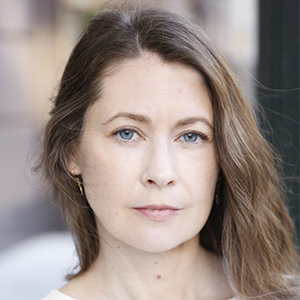
Danielle Beurteaux
Danielle Beurteaux is a journalist based in Montréal who writes about science, the environment and business.
Tagged With
Related Posts
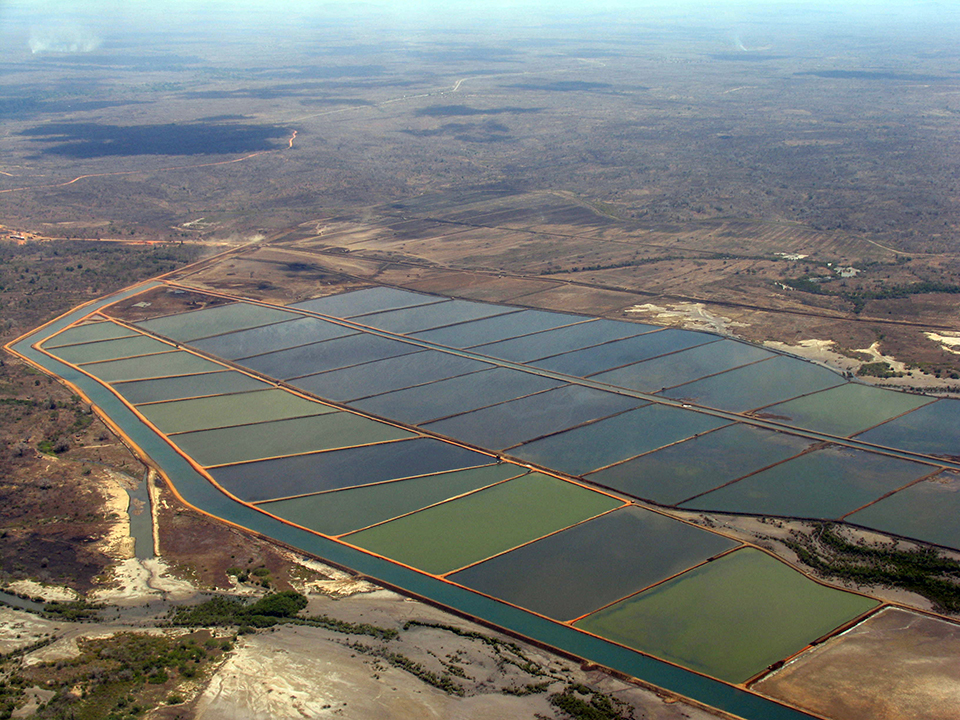
Innovation & Investment
Aquaculture insurance and reinsurance
As aquaculture grows, the industry will need tailored insurance solutions that address the realities of varied production methods and locations.
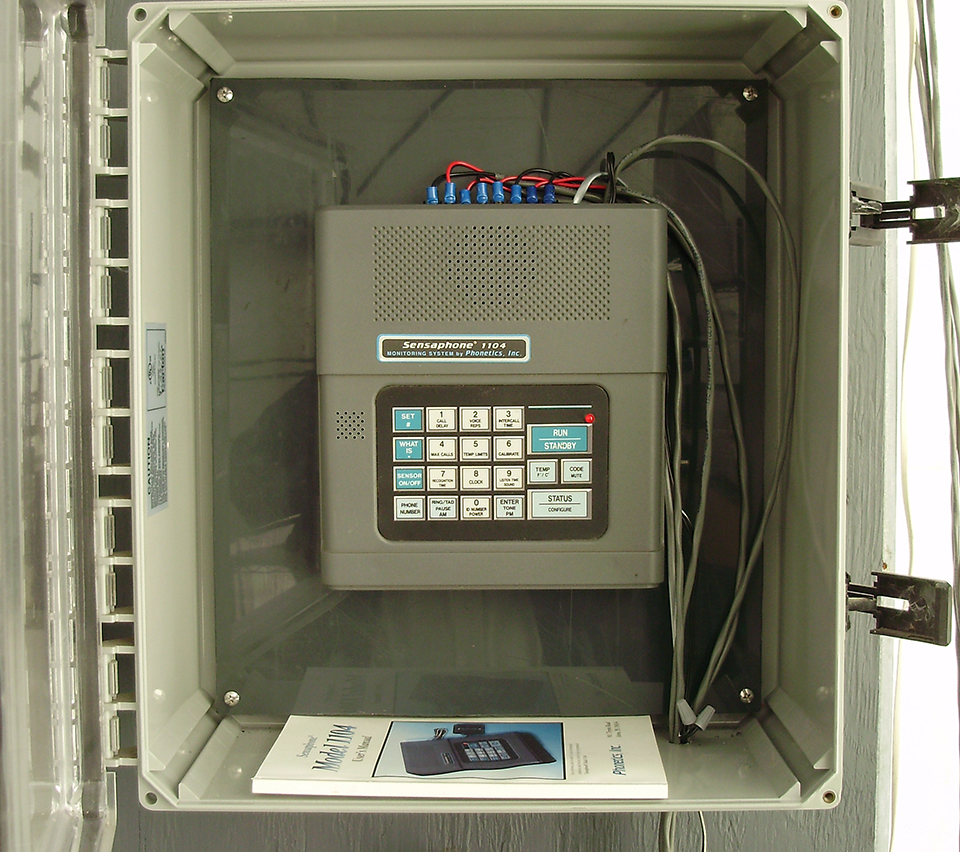
Responsibility
Backup oxygen, power systems essential insurance
Although essential, emergency backup systems do not have to be complicated or expensive. For power loss, automated phone dialers alert off-site staff. Backup electric generators provide needed power for aerators, pumps and other equipment.
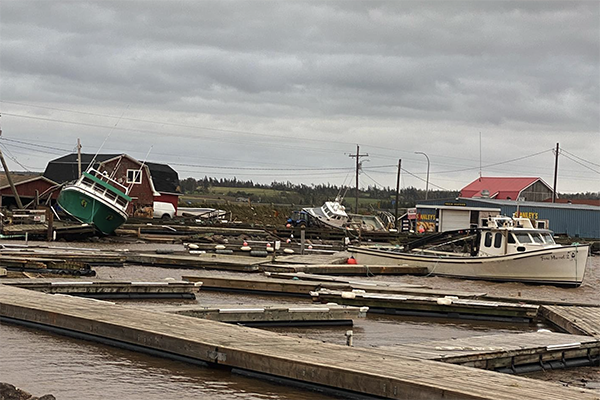
Intelligence
Atlantic Canada’s shellfish sector to get $53 million in Hurricane Fiona relief
The Canadian government will provide funding for two years for Atlantic Canada's shellfish sector to help with the Hurricane Fiona recovery.
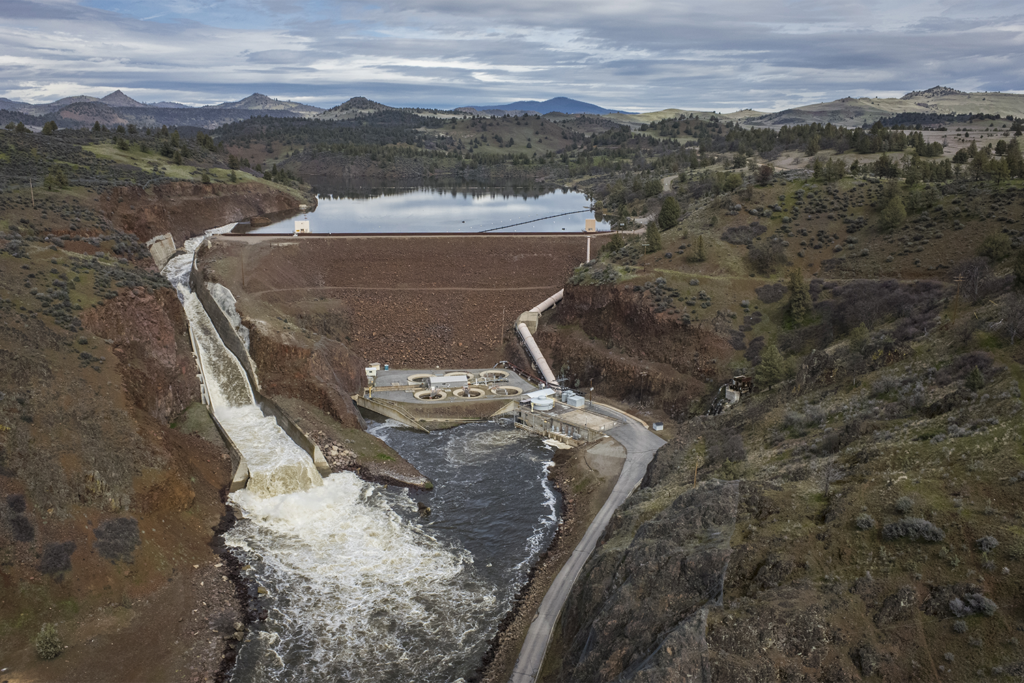
Fisheries
Can dam removal actually restore fish populations in U.S. rivers?
Dams have helped build nations but fish – and river health – have paid a steep price. Dam removal can have restorative effects on ecosystems.


![Ad for [membership]](https://www.globalseafood.org/wp-content/uploads/2025/07/membership_web2025_1050x125.gif)